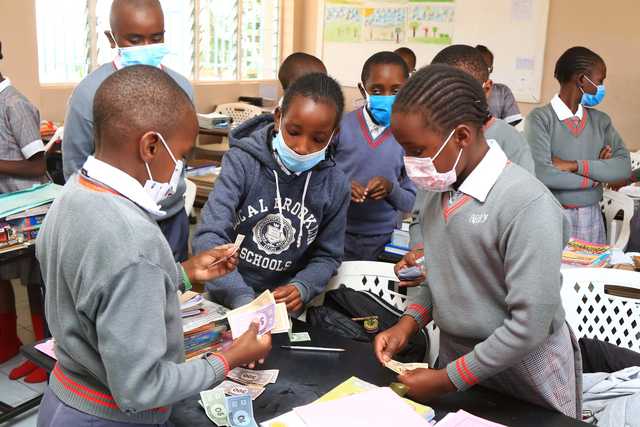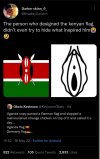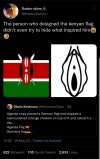MK254
JF-Expert Member
- May 11, 2013
- 31,757
- 48,404
Ni mfumo ambao utazalisha jamii inayoweza kujiendeleza na sio kujaza sokoni vijana wanaosaka ajira.....
Kenya has come in for rare praise from the World Bank for the reforms in its education system, which has had its share of criticism for what some say is its demanding yet confusing scope.
The World Bank, in an observation report released last week, pointed to a marked improvement in literacy or languages, and arithmetic — two basic subjects learners interact with at the start of their schooling — challenges such as crowding and broken calendars due to Covid-19 notwithstanding.
Among recent reforms to its education system, Kenya has split the years spent in school through the competency based curriculum (CBC), which seeks to focus on practical schooling as opposed to studying for exams.
While pupils previously spent eight years in primary school and four in secondary, now they will spend six years, in primary then three years in what is christened junior secondary and a further three in senior secondary.
Kenya has also gone for professional teacher development system, changing the syllabi for training and licensing of teachers while pushing for a textbook-per-student policy and better school management practices with an eye on improving safety for learners.
These changes, says the World Bank report, “Kenya Economic Update: Edition 25: Aiming High, Securing Education to sustain recovery,” are the force behind improved learning outcomes, making the students in the country better performers compared to their peers in the region.

 www.theeastafrican.co.ke
www.theeastafrican.co.ke
Kenya has come in for rare praise from the World Bank for the reforms in its education system, which has had its share of criticism for what some say is its demanding yet confusing scope.
The World Bank, in an observation report released last week, pointed to a marked improvement in literacy or languages, and arithmetic — two basic subjects learners interact with at the start of their schooling — challenges such as crowding and broken calendars due to Covid-19 notwithstanding.
Among recent reforms to its education system, Kenya has split the years spent in school through the competency based curriculum (CBC), which seeks to focus on practical schooling as opposed to studying for exams.
While pupils previously spent eight years in primary school and four in secondary, now they will spend six years, in primary then three years in what is christened junior secondary and a further three in senior secondary.
Kenya has also gone for professional teacher development system, changing the syllabi for training and licensing of teachers while pushing for a textbook-per-student policy and better school management practices with an eye on improving safety for learners.
These changes, says the World Bank report, “Kenya Economic Update: Edition 25: Aiming High, Securing Education to sustain recovery,” are the force behind improved learning outcomes, making the students in the country better performers compared to their peers in the region.

School reforms push Kenya past peers, catches eye of World Bank
Kenya has come in for rare praise from the World Bank for the reforms in its education system.


